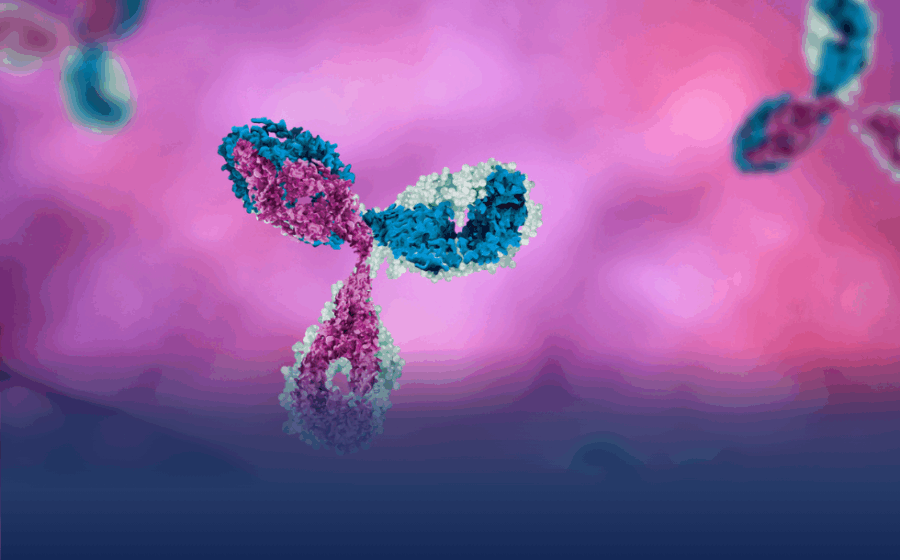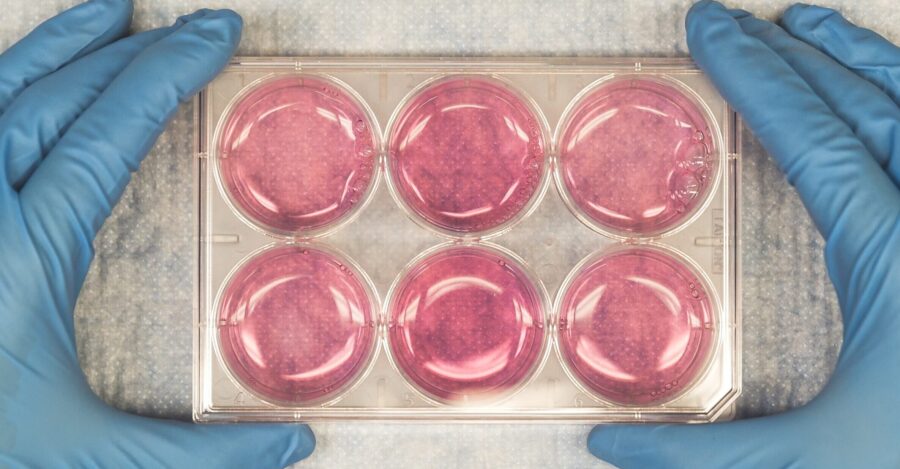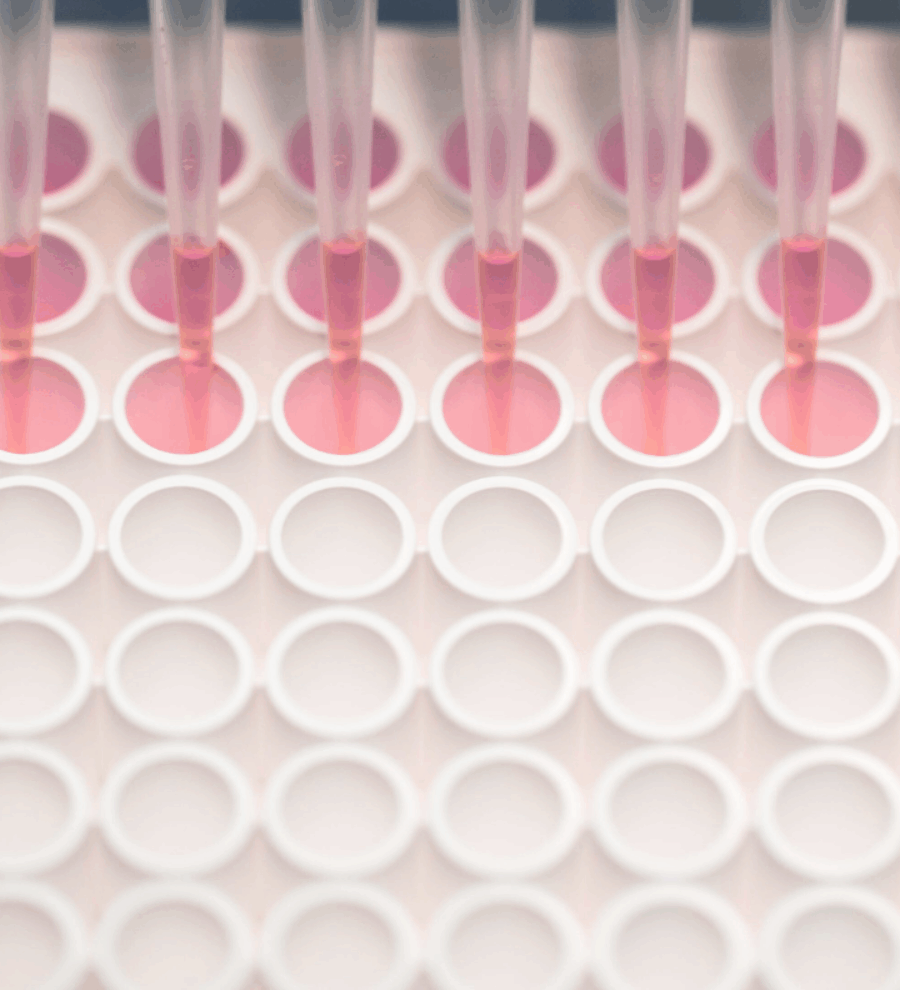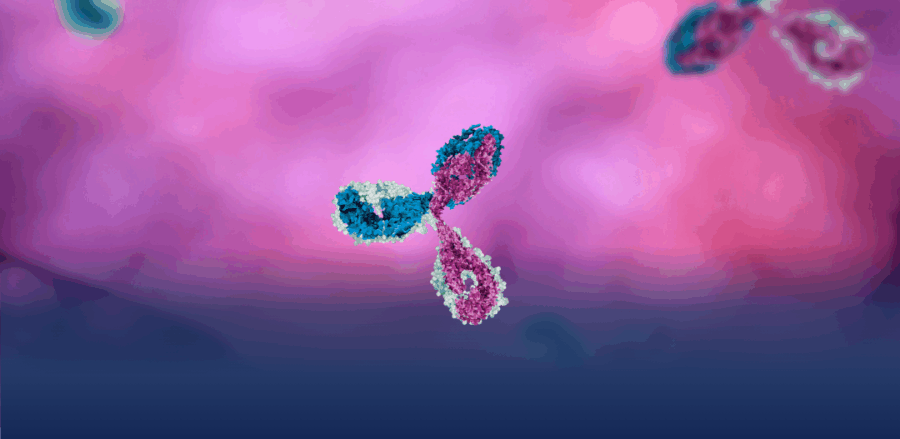Cart (0 Items)
Your cart is currently empty.
View ProductsIt looks like you are visiting from outside the EU. Switch to the US version to see local pricing in USD and local shipping.
Switch to US ($)




Mammalian cells are ideal for complex eukaryotic proteins needing native folding and PTMs, and for low-endotoxin in vivo use.
E. coli is the go-to system for fast, high-yield expression of simple proteins, especially for structural biology.
Bacillus subtilis is a strong choice for secreted proteins, enabling easier purification from the culture medium.
Insect cells deliver high yields for large or complex proteins, with eukaryotic processing including glycosylation.
Yeast balances high expression with eukaryotic PTMs, suitable from small- to large-scale production.
If yield or activity is suboptimal, screen up to five expression systems to find the best fit fast.
| Mammalian Cells | E. Coli | B. Subtilis | Baculoirus/Insect Cells | Yeast (P. Pastoris, S. Cerevisiae) | |
|---|---|---|---|---|---|
| Time | 3-5 weeks | 2-3 weeks | 2-4 weeks | 6-9 weeks | 5-7 weeks |
| Post-Translational Modifications possibilities | High | Low | Low | Intermediate | Intermediate |
| Disulfide bond formation | +++ | ∅ | ∅ | ++ | + |
| Multi-domain and complex proteins expression capacity | +++ | ∅ | ∅ | ++ | ++ |
| Endotoxin Levels | Low | High | Low | Low | Low |
| Complexity for scale-up | Intermediate | Simple | Simple | Complex | Intermediate |
| Secretion level of the protein of interest | High | Low | Intermediate | Intermediate | Intermediate |
| Price | +++ | + | ++ | ++ | ++ |
Whatever your protein target, our broad technology platform is designed to overcome any expression challenge. With five expression systems, we maximize your chances of success. Our proprietary mammalian platform, XtenCHO® Race, is the highest-performing cell lines on the market, delivering robust yields and consistent quality.
” I recently chose ProteoGenix to produce a recombinant protein in HEK293 cells. The high productivity and strong activity of the protein obtained, probably due to proper glycosylation and folding, allowed us to generate exciting results in functional studies and reach new milestones in our research project. The quality of the service provided, and the smooth and kind communication I had with the account manager in charge of our project, were paramount to this success. I’m happy to recommend ProteoGenix for recombinant protein productions. “
Alvarado-Marchena, L., Martínez-Pérez, M., Aparicio, F., Pallas, V., & Maumus, F. (2022). Recent acquisition of functional M6A RNA demethylase domain in orchid TY3/Gypsy elements. Frontiers in Plant Science, 13. https://doi.org/10.3389/fpls.2022.939843
Steindor, M., Stehling, F., Olivier, M., Kehrmann, J., Diricks, M., Maurer, F. P., Horn, P. A., Straßburg, S., Welsner, M., Sutharsan, S., & Lindemann, M. (2021). Species-Specific Interferon-Gamma Release Assay for the Diagnosis of Mycobacterium abscessus Complex Infection. Frontiers in Microbiology, 12. https://doi.org/10.3389/fmicb.2021.692395
Noack, L. C., Bayle, V., Armengot, L., Rozier, F., Mamode-Cassim, A., Stevens, F. D., Caillaud, M., Munnik, T., Mongrand, S., Pleskot, R., & Jaillais, Y. (2021). A nanodomain-anchored scaffolding complex is required for the function and localization of phosphatidylinositol 4-kinase alpha in plants. The Plant Cell, 34(1), 302–332. https://doi.org/10.1093/plcell/koab135
